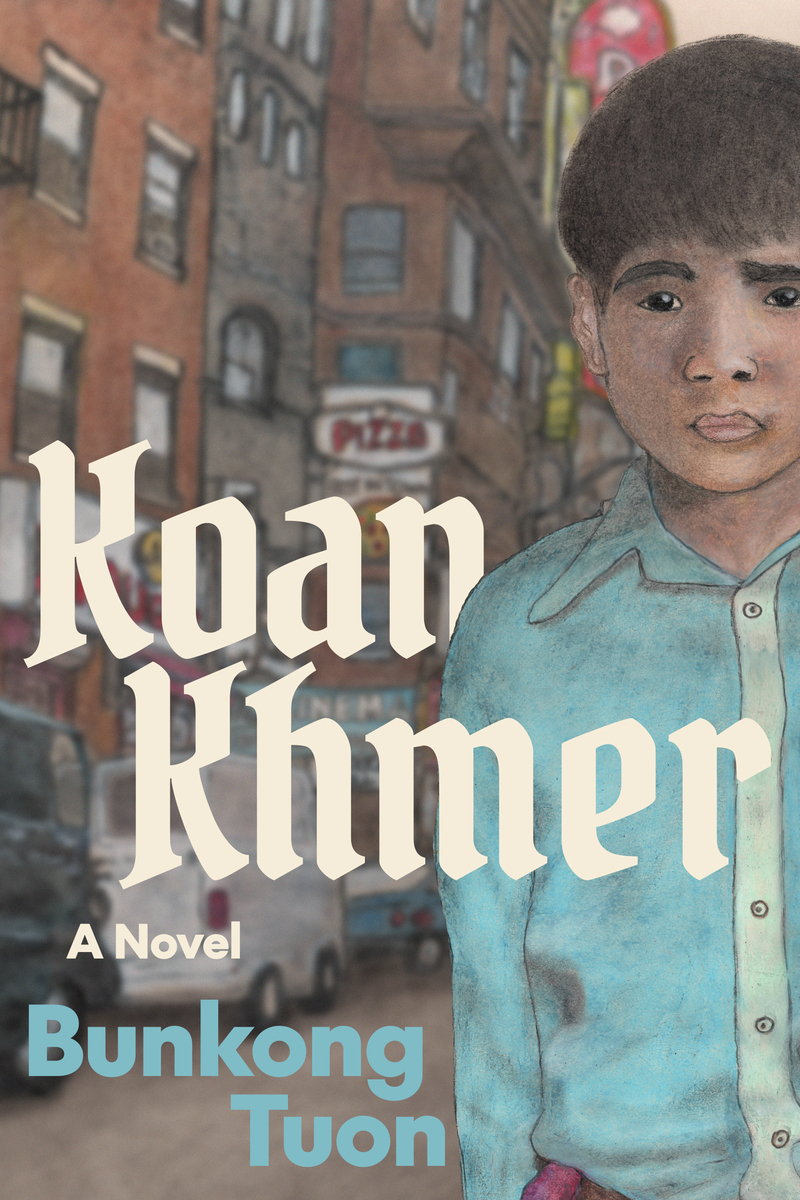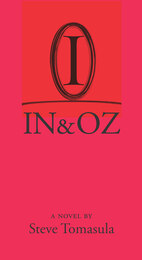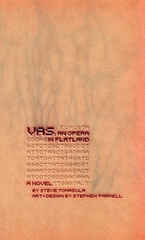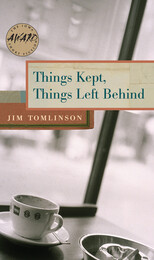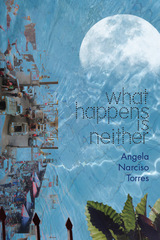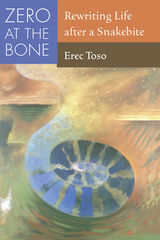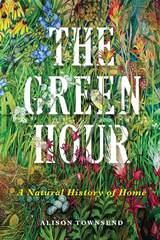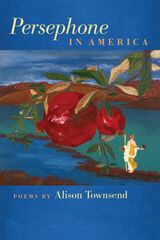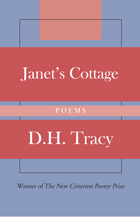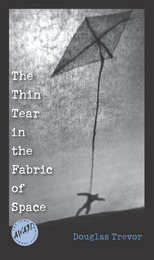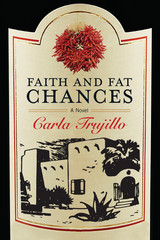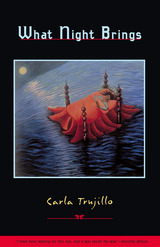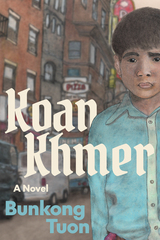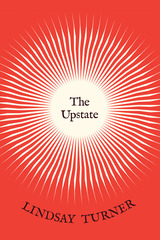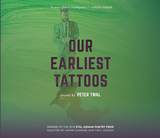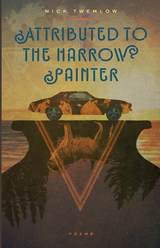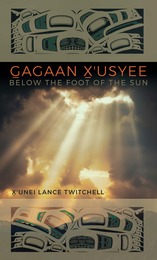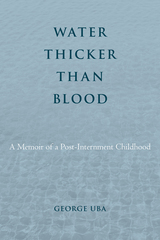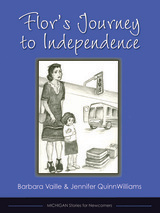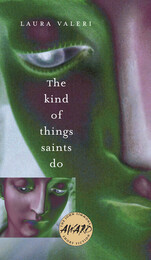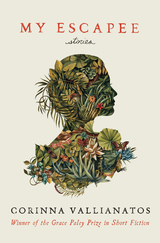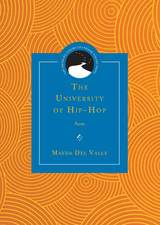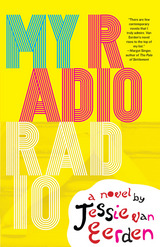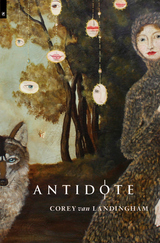Koan Khmer: A Novel
Northwestern University Press, 2024
Paper: 978-0-8101-4743-0 | eISBN: 978-0-8101-4744-7
Library of Congress Classification PS3620.U63K63 2024
Dewey Decimal Classification 813.6
Paper: 978-0-8101-4743-0 | eISBN: 978-0-8101-4744-7
Library of Congress Classification PS3620.U63K63 2024
Dewey Decimal Classification 813.6
ABOUT THIS BOOK | AUTHOR BIOGRAPHY | REVIEWS | TOC | REQUEST ACCESSIBLE FILE
ABOUT THIS BOOK
A powerful debut novel about war, immigration, and home
Celebrating the power of literature to rescue a life from despair, Koan Khmer is the story of Samnang Sok, an orphaned child survivor of the Cambodian genocide who sets out to make a new life in America alongside his extended family. Struggling to cope with the traumas of his past, Samnang feels alienated from his American peers at school and disconnected from his aunts, uncles, and cousins at home. Inspired by the books he discovers along the way, Samnang begins piecing together information about the past through stories told by elders, family photographs, and his own memories and dreams. Based loosely on Tuon’s life, the novel traces Samnang’s difficult journey toward an answer to the question, How does one rebuild a life after genocide and displacement and create a home?
Koan Khmer gives an unflinching voice to a distinctly Cambodian American sensibility. Tuon creates a refugee space that all Americans can visit in this bildungsroman that breathes life into cultural knowledge disrupted by loss and grief.
Celebrating the power of literature to rescue a life from despair, Koan Khmer is the story of Samnang Sok, an orphaned child survivor of the Cambodian genocide who sets out to make a new life in America alongside his extended family. Struggling to cope with the traumas of his past, Samnang feels alienated from his American peers at school and disconnected from his aunts, uncles, and cousins at home. Inspired by the books he discovers along the way, Samnang begins piecing together information about the past through stories told by elders, family photographs, and his own memories and dreams. Based loosely on Tuon’s life, the novel traces Samnang’s difficult journey toward an answer to the question, How does one rebuild a life after genocide and displacement and create a home?
Koan Khmer gives an unflinching voice to a distinctly Cambodian American sensibility. Tuon creates a refugee space that all Americans can visit in this bildungsroman that breathes life into cultural knowledge disrupted by loss and grief.
See other books on: Asian American & Pacific Islander | Biographical & Autofiction | Coming of Age | Literary | Novel
See other titles from Northwestern University Press
